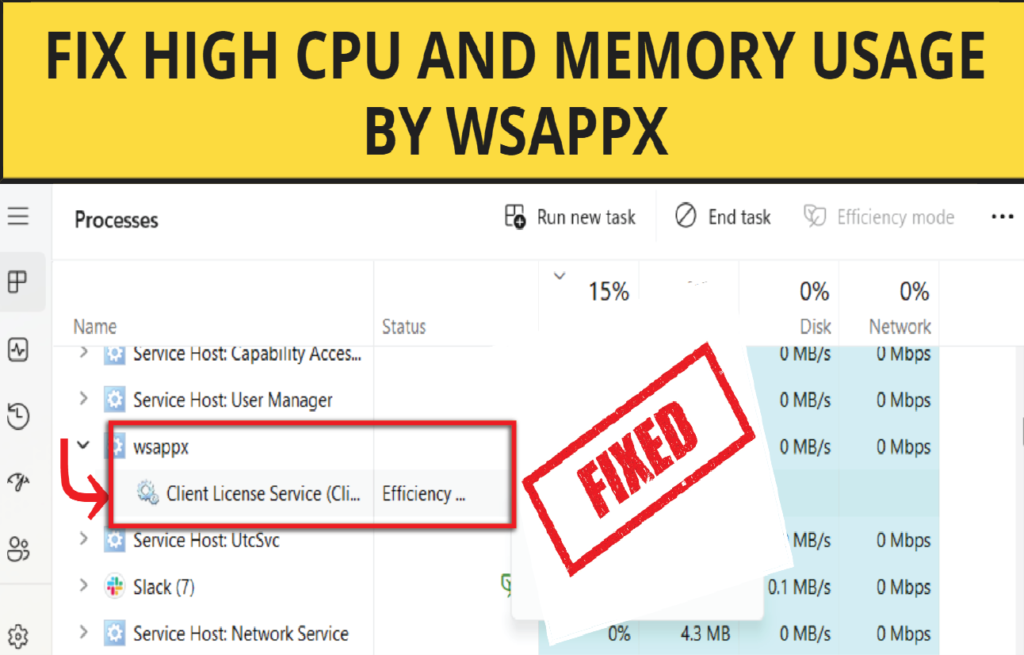Many students question, “Do computer science jobs ask for a GPA?” Discover when it matters, how much weight it carries, and what gets you hired in today’s tech industry.
If you’re majoring in computer science or have recently graduated, you’ve probably wondered, “Will my GPA matter when I apply for tech jobs?” The answer isn’t straightforward. While GPA can be important for some employers, especially for internships and entry-level positions, it’s rarely the main consideration. Companies are increasingly focusing on skills, experience, and proven projects. This article will guide you through when GPA matters, when it doesn’t, and how to make a strong application regardless of your academic record.

Why Some Employers Still Ask for GPA
In some large corporations, GPA is still used as a way to screen candidates. When recruiters have to go through hundreds of applications, they may set GPA cutoffs (like 3.0 or 3.5) to quickly filter applicants. This is especially true for companies that hire through university job fairs or structured campus programs.
GPA may also be more significant in academic settings like research departments or graduate internships. In these cases, your transcript is seen as a sign of your work ethic and consistency over time.
The Shift Away from GPA: What Matters More Now
Despite its use in some areas, many tech companies are moving away from relying on GPA. Recruiters today care more about real-world skills than about grades. Here are the factors they prioritize:
1. Technical Skills and Practical Knowledge
What you can build matters more than your grade in Data Structures. Recruiters assess your proficiency in programming languages, your familiarity with software tools, and your understanding of algorithms and frameworks.
2. Projects That Show Initiative
Whether it’s an app you built, a game you developed, or a contribution to open-source software, these projects showcase your skills and passion. They serve as proof of your abilities and can lead to discussions during interviews.
3. Internship or Work Experience
Even a brief internship at a startup can be more valuable than a high GPA. Real-world experience shows employers that you’ve applied your skills in a work environment and can collaborate effectively with others.
4. Communication and Problem-Solving Skills
Soft skills like communication, adaptability, and problem-solving are often assessed in interviews. Technical tests and behavioral questions typically show how you think and respond to challenges.
When GPA Still Plays a Role
Let’s find out the role of GPA in computer science studies.

1. Fresh Graduates and Early Career Professionals
If you’re newly graduated with limited work experience, your GPA might still appear on your resume. Recruiters may use it to assess your dedication or academic ability when other information is lacking.
2. Competitive Programs or Fellowships
Some internships and scholarships have GPA requirements. These positions are very competitive, and GPA serves as one of several filters. A solid academic record can help you stand out in these situations.
3. Certain Traditional or Government Roles
Jobs in the public sector or academic institutions might require GPA details. Positions related to research, data science, or policy analysis sometimes prefer candidates with higher academic standing.
Does GPA Matter for Big Tech Companies?
Companies like Google, Facebook (Meta), Microsoft, and Amazon often receive thousands of applications. Historically, some of these firms did prioritize GPA for new graduates. However, in recent years, even these tech giants have begun to use a more rounded evaluation process.
For example, Google has publicly stated that GPA and test scores are not good indicators of employee performance. Today, they focus on technical interviews, coding challenges, behavioral questions, and cultural fit when making hiring decisions.
That said, having a high GPA can still be advantageous. If you have one, include it, especially when applying to a selective company. If not, it’s not a dealbreaker.

What If You Have a Low GPA?
A lower GPA doesn’t mean you can’t secure a good computer science job. Many successful developers and engineers started with less-than-perfect grades. Here are ways to boost your chances:
1. Build a Strong GitHub Portfolio
Showcase your best code on GitHub. This serves as a digital resume that allows employers to assess your coding style, your collaboration on projects, and your ability to follow through on tasks.
2. Earn Certifications
Websites like Coursera, edX, and Udemy offer certifications in cloud computing, AI, machine learning, and full-stack development. Completing these not only improves your skills but also shows initiative.
3. Attend Hackathons or Coding Competitions
Hackathons are great for meeting recruiters, tackling real problems, and refining your teamwork skills. They also allow you to demonstrate your ability to solve complex challenges under pressure.
4. Get Internships, Even If They’re Unpaid
Internships give you industry experience and references. If you can’t find a paid position, consider freelance work or volunteer tech roles for nonprofits.
5. Network Aggressively
Referrals often skip the GPA discussion entirely. Use LinkedIn to connect with alumni or professionals in your field. Join tech meetups or online communities to expand your network.
Should You Include GPA on Your Resume?
Only include your GPA if it adds value to your application. If your GPA is above 3.5, it can help your chances, especially early in your career. If it’s below that and not required, leave it off. Instead, focus on your skills, certifications, and work experience.
Many recruiters won’t even notice if your resume is strong in other areas. Highlight what makes you unique: your projects, technical skills, or side jobs. Let your achievements speak louder than your grades.
Long-Term Career Impact of GPA
Over time, GPA loses its importance. After you’ve been in the industry for two or more years, your work history and accomplishments carry much more weight. Recruiters will focus on your experience, the results you’ve achieved, and how you’ve developed as an engineer.
At that point, no one will care what grade you received in your sophomore year algorithms class.
What Recruiters and Developers Say
Online forums like Reddit and Blind are filled with accounts from computer science graduates. Many say GPA was just a temporary obstacle. Others report that they never included their GPA and still received job offers.
One developer noted, “I had a 2.9 GPA and got turned down by several companies. But after I started adding side projects to my portfolio, I landed a job at a mid-sized tech firm. No one asked about my GPA after that.”
Another recruiter commented, “I care about whether you can code. If your GitHub looks good and you perform well in technical interviews, I don’t care if you got a C in college.”
Conclusion – Do Computer Science Jobs Ask for GPA
So, do computer science jobs ask for a GPA? Sometimes, but not always. For recent graduates and entry-level roles, GPA can play a role. But as you gain experience, it becomes less significant. What truly counts is your ability to write code, solve problems, collaborate with others, and learn quickly.
Instead of worrying about your transcript numbers, focus on developing skills that make you valuable. Create real projects, earn certifications, and keep improving. GPA is just one part of your story—not the entire narrative.
In today’s job market, a strong resume reflects your actions, not just academic scores. If you’re ready to work hard, no GPA will hold you back.


